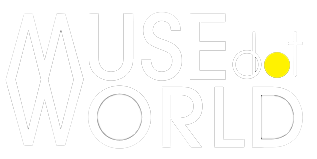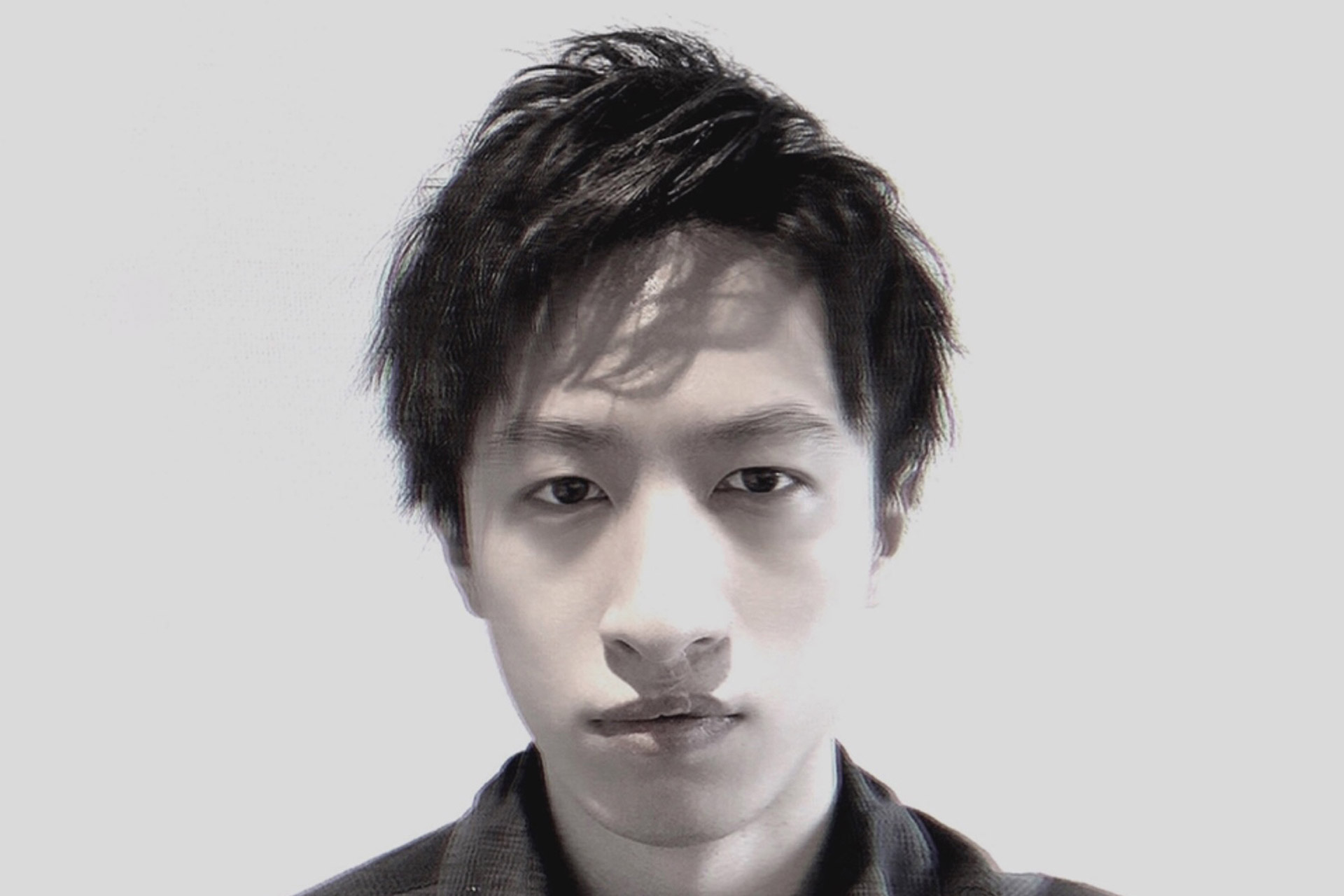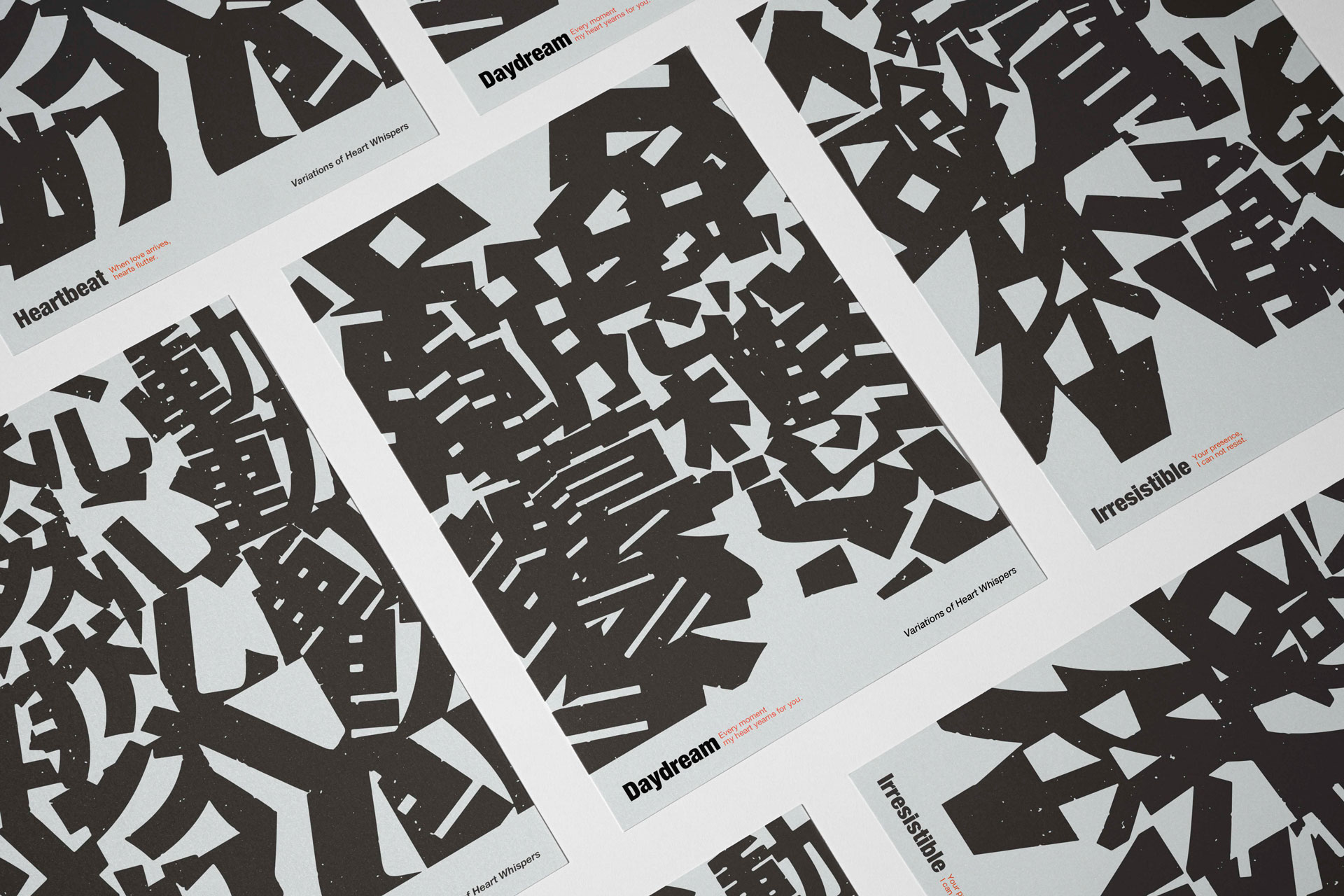Interview with Qiuyu Li from Japan

Interview with Pranith Shetty from United States
April 25, 2024
Interview with Xingyue Deng from China
April 25, 2024Qiuyu Li
Qiuyu Li was born in Beijing and moved to Japan in 2013, pursuing a Bachelor's degree in Information Science and later a PhD in Fine Arts. He joined TOMBO Inc., a design firm, in 2024. With an interest in 20th-century constructivism, Li aims to incorporate East Asian aesthetics and explore new possibilities.
Hi, my name is Qiuyu Li. I was born in Beijing, China in 1992 and moved to Japan in 2013. After obtaining a Bachelor's degree in Information Science, I pursued my research in design under the guidance of Prof Yoshimaru Takahashi, and in 2024, I obtained a PhD in Fine Arts. That same year, I joined TOMBO Inc., a design firm based in Osaka.
With a strong interest in the design principles of 20th-century constructivism, I aim to revitalize traditional constructivism by incorporating East Asian aesthetics and exploring new possibilities. My experimental results have won many national and international awards.
I am also a member of prestigious organizations such as the World Design Consortium (WDC), the International Association of Designers (IAD), the International Design Club (IDC), and the Alliance of International Business Associations (AIBA). I actively engage with these communities, contributing to their missions and initiatives.
Like many others, I had a strong interest in art and painting from a very young age, and my family provided me with as much support as possible. However, while I held this interest, what led me to decide to pursue a career in this field was when I entered university and was influenced by constructivism, which made me aspire to become a designer.
The design company I work for is a nine-member studio in Osaka. Our work focuses primarily on graphic design, including advertising, packaging, and branding. For every project, regardless of its size, we strive to provide our clients with the best possible solutions.
In my opinion, novelty in form alone does not constitute true creativity. Creativity should be determined by functionality and should exist within our daily lives. Designs that convey information or provide convenience, among other similar functions, are those that truly exhibit creativity.
I believe functionality determines creativity, and creativity exists in our daily lives.
Usually, before I start any project, whether it's a commercial case or a personal piece, I analyze and organize the information, functionality, or message I want to convey. At this stage, it's more like mathematical reasoning for me. I need to connect all the information and find a suitable form of expression. Only after roughly determining the form of expression will I begin the production process, and then make adjustments as needed.
During the production process, I find two stages particularly exciting. The first is during the stage of information organization and analysis when I find a viable solution. This moment brings me excitement. The second stage is the joy of completion, which fills me with pride.
One of my favorite works is what I feel is the most romantic piece I have ever done. It beautifully captures the love changes and also reflects my aspirations for love. It made me realize that I am someone who longs for romance.
Because it's about expressing emotions, representing such intangible, abstract content through visuals is not an easy task. I need to carefully consider what emotions are and how they change. This process has made me think for a long time.
It's been a motivation for me, boosting my morale and igniting my creative desire. I hope next time I can produce even better work.
The development and integration of new technologies may lead to greater diversity in forms, but the essence of design and cultural characteristics will remain unchanged.
Winning Entry
Variations of Heart Whispers | 2024
This series of posters portrays the gradual evolution of one person's admiration for another through the progressive transformation of Chinese characters' forms. Admiration is not something that …
(Read more at MUSE Creative Awards)
Qiuyu Li
Qiuyu Li was born in Beijing and moved to Japan in 2013, pursuing a Bachelor's degree in Information Science and later a PhD in Fine Arts. He joined TOMBO Inc., a design firm, in 2024. With an interest in 20th-century constructivism, Li aims to incorporate East Asian aesthetics and explore new possibilities.
Read more about this interview with Xingyue Deng from China, the Gold Winner of the 2024 MUSE Creative Awards.


